Home>Articles>Should You Turn Off Water Heater When On Vacation
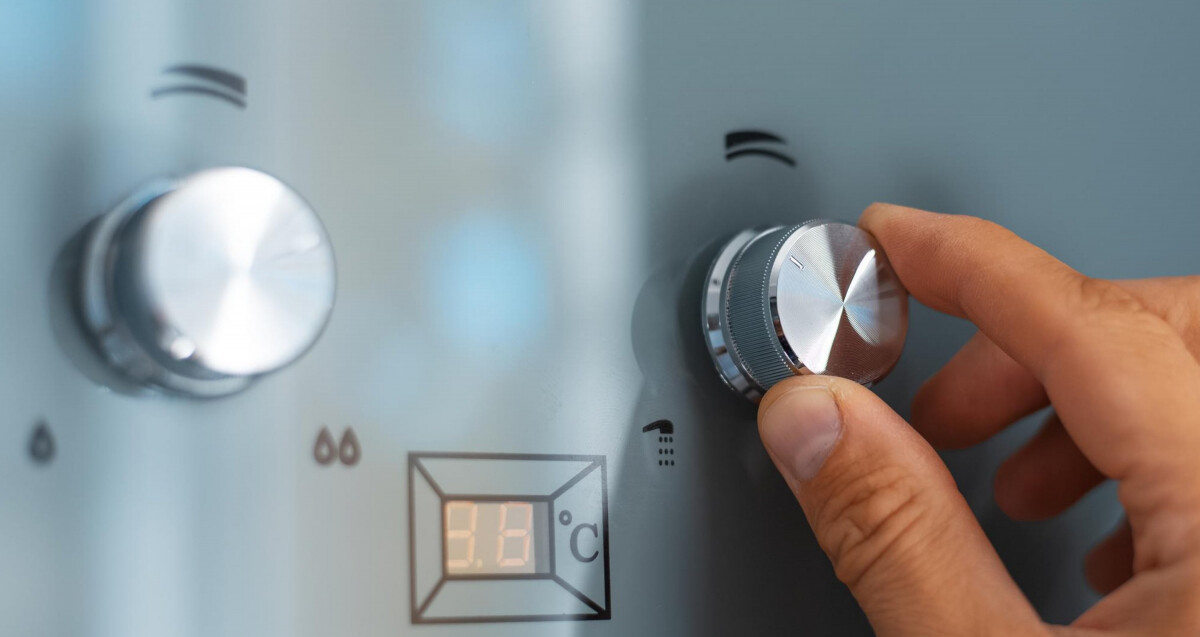

Articles
Should You Turn Off Water Heater When On Vacation
Modified: October 31, 2024
Read our informative article on whether you should turn off your water heater when going on vacation. Find expert advice and tips to save energy and prevent damage to your water heater.
(Many of the links in this article redirect to a specific reviewed product. Your purchase of these products through affiliate links helps to generate commission for Storables.com, at no extra cost. Learn more)
Introduction
Going on vacation is an exciting time for most people. It’s a chance to relax, explore new places, and take a break from the daily grind. However, as you prepare for your trip, you may wonder if there are any steps you should take to ensure the safety and efficiency of your home while you’re away. One question that often arises is whether you should turn off your water heater when you go on vacation.
In this article, we will explore the benefits and potential risks of turning off your water heater during your vacation. We will also discuss the factors you should consider before making this decision and explore alternative options you can explore to maintain the functionality of your water heater. So, let’s dive in and find out if turning off your water heater is the right choice for your vacation plans.
Key Takeaways:
- Turning off your water heater during vacation can save energy, prevent malfunctions, and extend its lifespan. However, consider the duration of your trip, water quality, and climate to make an informed decision.
- If turning off the water heater isn’t feasible, alternative options like lowering the temperature, insulating the heater, or using smart thermostats can help balance energy savings and convenience.
Benefits of Turning Off Water Heater
Turning off your water heater while you’re on vacation can offer several benefits. Let’s take a closer look at some of them:
- Energy Savings: One of the primary advantages of turning off your water heater is the energy savings it can provide. Water heaters are constantly working to maintain a specific temperature, even when you’re not using hot water. By turning it off during your vacation, you can save on electricity or gas bills and reduce your environmental impact.
- Prevent Equipment Malfunctions: Water heaters, like any other appliances, are prone to wear and tear. By turning off your water heater, you can reduce the risk of malfunctions or unexpected breakdowns while you’re away. This can save you from the inconvenience and cost of repairs or replacements.
- Mitigate Water Damage: Water leaks or bursts in the water heater can cause significant damage to your home if left unnoticed. By turning off the water heater, you minimize the risk of leaks or bursts that could occur while you’re away. This preventive measure can help protect your home and belongings from water damage.
- Extend the Lifespan of Your Water Heater: By reducing the usage of your water heater while you’re on vacation, you can indirectly extend its lifespan. The less frequently it operates, the less wear and tear it experiences, which can lead to a longer lifespan and fewer repairs over time.
When considering the benefits of turning off your water heater, it’s important to keep in mind that these advantages may vary depending on the specific circumstances and condition of your water heater. Therefore, it’s always recommended to assess your individual situation and consult with a professional if needed.
Potential Risks of Turning Off Water Heater
While there are benefits to turning off your water heater during your vacation, it’s important to also consider the potential risks associated with this decision. Let’s explore some of these risks:
- Bacterial Growth: When you turn off your water heater, the water inside the tank cools down. This decrease in temperature can create a favorable environment for bacterial growth, such as Legionella. If you have a compromised immune system or sensitive individuals in your household, the presence of bacteria in the water can pose health risks. To mitigate this risk, it’s recommended to drain and flush the tank and pipes upon your return or seek advice from a professional.
- Pipeline Freezing: If you live in an area with freezing temperatures, turning off your water heater may increase the risk of frozen pipes. Without the constant circulation of warm water, the pipes may become susceptible to freezing and potentially bursting, causing water damage to your home. To prevent this, you can insulate your pipes or keep the heater on a low setting to maintain a minimum temperature.
- Inconvenience upon Return: While turning off your water heater may save energy and prevent equipment malfunctions, it can also lead to certain inconveniences upon your return from vacation. It can take some time for the water to heat up again after being turned off, which means you may have to wait for hot water for daily activities like bathing or washing dishes.
- Potential Gas Leak: If you have a gas water heater and you turn off the gas supply while on vacation, there is a risk of a gas leak when you turn it back on. It’s crucial to follow proper safety procedures when reactivating a gas water heater to ensure there are no leaks or risks of explosions. If you’re unsure about handling gas appliances, it’s best to consult a professional.
Considering these potential risks, it’s important to weigh them against the benefits when deciding whether to turn off your water heater during your vacation. Assess the specific factors related to your home and water heater and take necessary precautions to mitigate any potential risks.
It is recommended to turn off your water heater when going on vacation to save energy and prevent potential water damage from leaks or malfunctions while you are away. Just remember to turn it back on when you return.
Factors to Consider before Turning Off Water Heater
Before deciding to turn off your water heater during your vacation, it’s essential to consider several factors that can influence your decision. Let’s take a look at these factors:
- Duration of Your Vacation: The length of your vacation plays a crucial role in determining whether it’s practical to turn off your water heater. If you’re going away for a short period, such as a weekend getaway, it may be more convenient to leave your water heater on to maintain hot water availability. However, for longer vacations, turning it off can provide more significant energy savings.
- Value of Energy Savings: Consider the potential savings you can achieve by turning off your water heater. Calculate the energy costs of keeping it on versus turning it off and determine if the savings justify the inconvenience of waiting for hot water upon your return. This will vary depending on the efficiency of your water heater and the cost of energy in your area.
- Water Quality: Assess the quality of your water and the risk of bacterial growth during the period you’ll be away. If your water is known to have bacterial issues or if you have concerns about it, turning off the water heater may not be advisable. Instead, consider other methods of water treatment or consult with a professional for guidance.
- Climate: The climate in your area is an important factor to consider. If you live in a region with freezing temperatures during winter, turning off your water heater may increase the risk of frozen pipes. In such cases, it’s recommended to use other methods to keep the pipes from freezing or to leave the water heater on a low setting to maintain a minimum temperature.
- Age and Condition of Your Water Heater: Evaluate the age and condition of your water heater. If it’s an older unit that’s prone to malfunctions, turning it off during your vacation may help prevent unexpected breakdowns or leaks. However, if you have a newer, well-maintained water heater, the risk of malfunctions may be minimal, reducing the need to turn it off.
Each of these factors will vary depending on your specific circumstances, so it’s important to assess them in light of your individual situation. Consider the pros and cons, consult with professionals if needed, and make an informed decision on whether turning off your water heater is the right choice for your vacation.
Alternative Options for Water Heater during Vacation
If you decide that turning off your water heater during your vacation may not be the best option for you, there are alternative strategies you can consider to reduce energy consumption and mitigate potential risks. Here are some alternative options:
- Lower the Temperature: Instead of turning off the water heater completely, consider lowering the temperature to a vacation mode setting. This will help reduce energy consumption while still maintaining some level of hot water. Consult your water heater’s manual for instructions on adjusting the temperature.
- Insulate Your Water Heater: Insulating your water heater can help improve its efficiency and reduce heat loss during your vacation. Use an insulation blanket or jacket designed for water heaters, ensuring that you follow the manufacturer’s guidelines for proper installation.
- Activate the Vacation Mode: If your water heater has a vacation mode feature, consider using it. This mode allows the water heater to operate at a lower temperature during your absence, reducing energy consumption while still preventing bacterial growth and maintaining the integrity of the system.
- Smart Thermostats: Install a smart thermostat that allows you to control your water heater remotely. This way, you can adjust the temperature or turn it off completely while you’re away and easily activate it before your return to ensure hot water availability.
- Automatic Timer: Set an automatic timer for your water heater, so it only operates during specific times of the day when hot water is needed. This way, you can reduce energy consumption during hours when hot water is not required, such as late night or early morning.
By exploring these alternative options, you can find a balance between energy savings, convenience, and maintaining the integrity of your water heater. Consider which options are feasible for your specific situation and choose the one that aligns with your priorities and preferences.
Read more: When Should You Replace Water Heater
Conclusion
Deciding whether to turn off your water heater during your vacation is a personal choice that involves considering various factors and weighing the benefits against the potential risks. While turning off the water heater can provide energy savings and help prevent equipment malfunctions, it can also lead to inconveniences and pose certain risks such as bacterial growth or frozen pipes.
Before making a decision, assess the duration of your vacation, the value of energy savings, the water quality in your area, the climate, and the age and condition of your water heater. Consider alternative options such as lowering the temperature, insulating the water heater, activating vacation mode, using smart thermostats, or setting an automatic timer.
Ultimately, the decision should be based on your individual circumstances and preferences. If you’re unsure about the best course of action, it’s recommended to consult with professionals who can provide tailored advice based on your specific situation.
Remember, the goal is to find a balance between energy savings, convenience, and the integrity of your water heater. By carefully considering the factors at hand and exploring alternative options, you can make an informed decision that suits your needs and ensures the safety and efficiency of your home during your vacation.
Frequently Asked Questions about Should You Turn Off Water Heater When On Vacation
Was this page helpful?
At Storables.com, we guarantee accurate and reliable information. Our content, validated by Expert Board Contributors, is crafted following stringent Editorial Policies. We're committed to providing you with well-researched, expert-backed insights for all your informational needs.
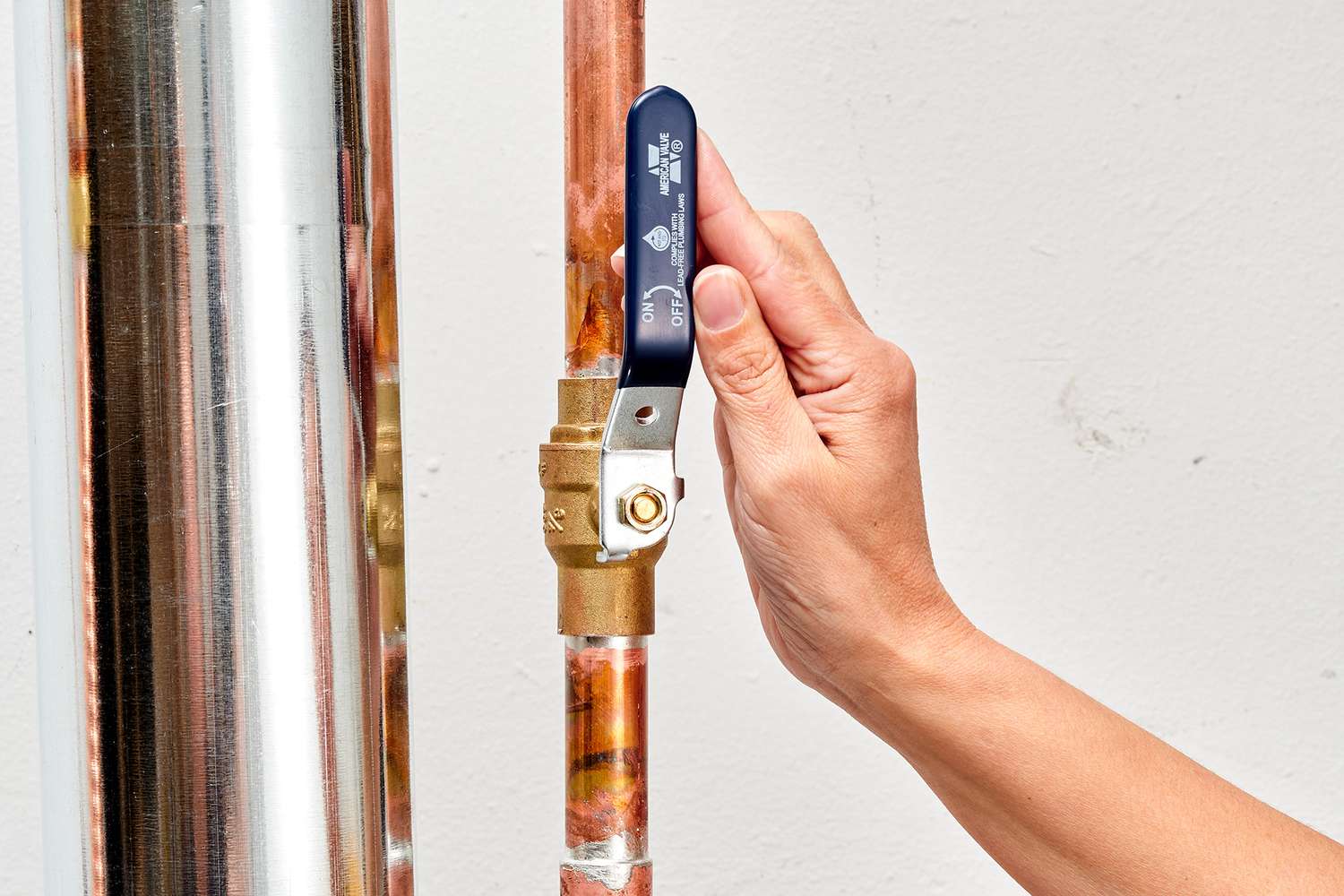
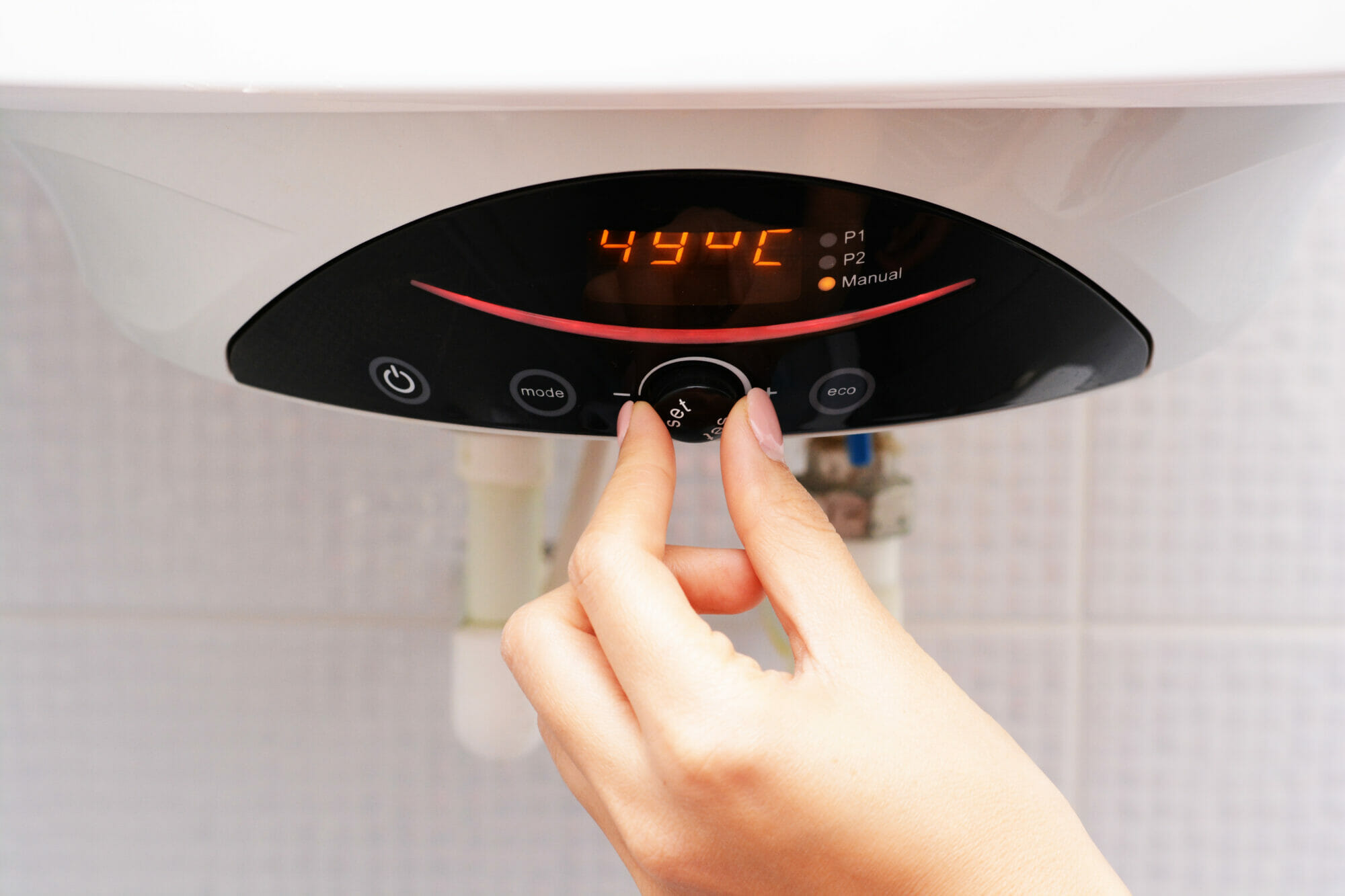
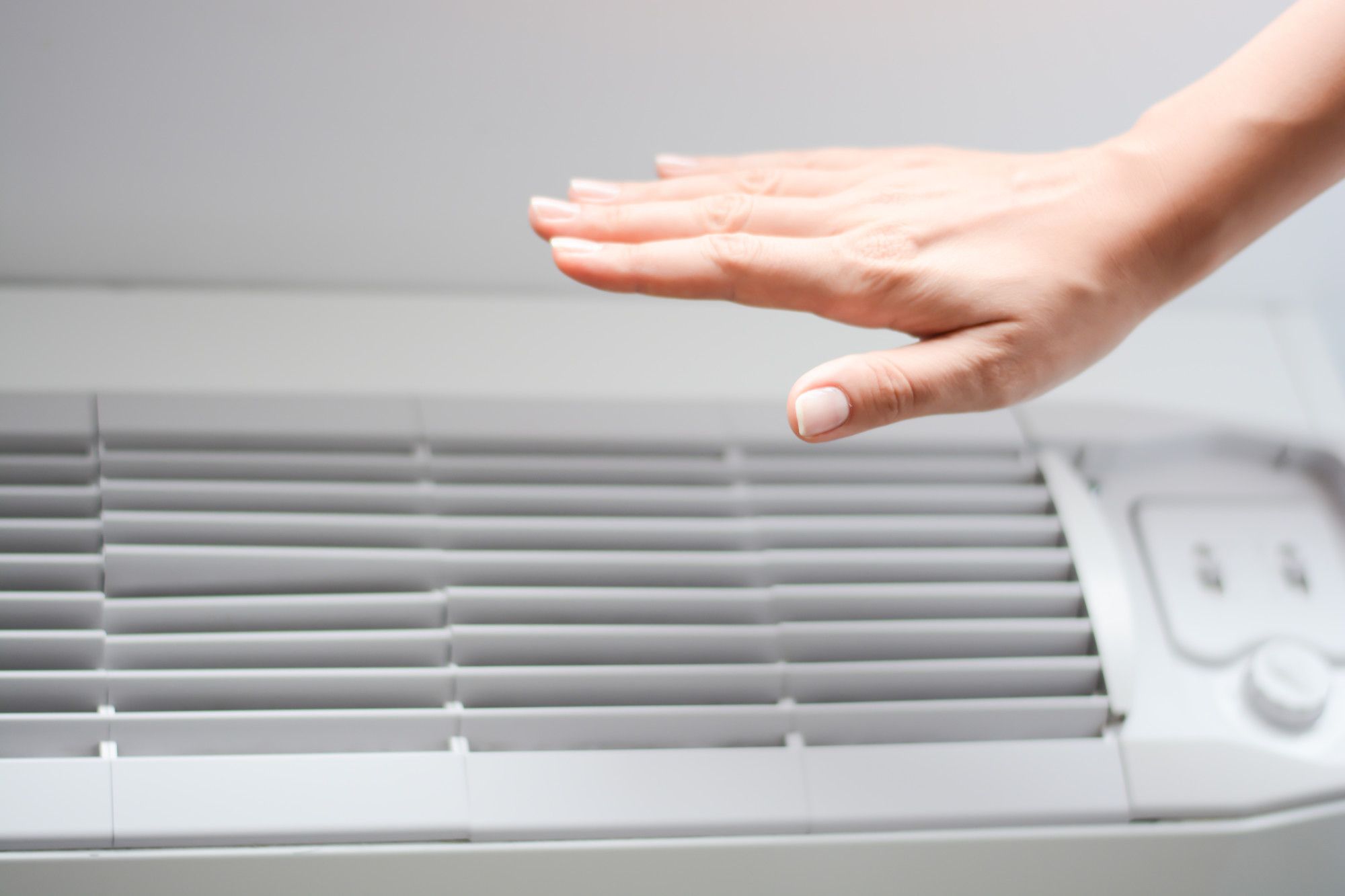
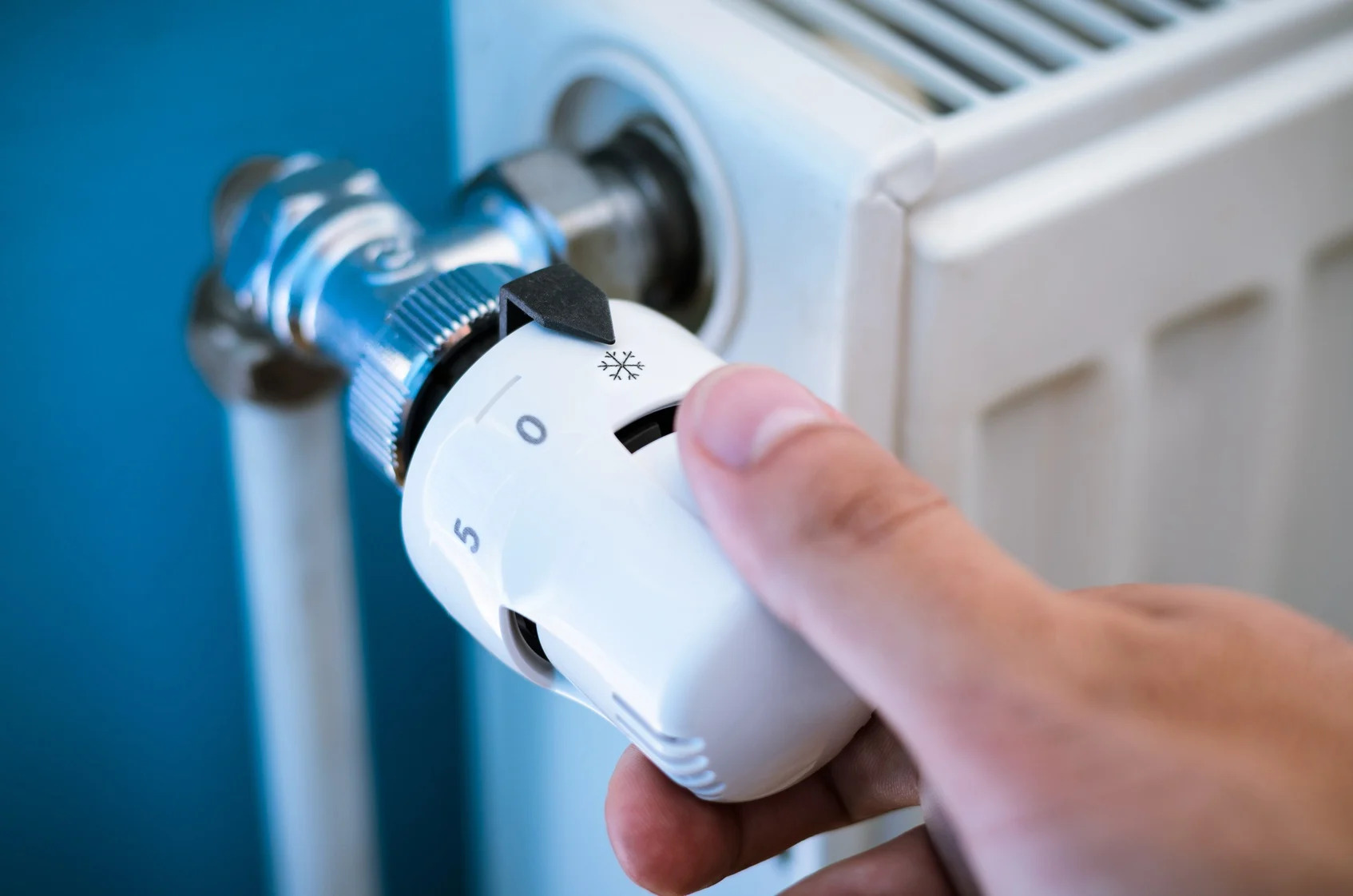
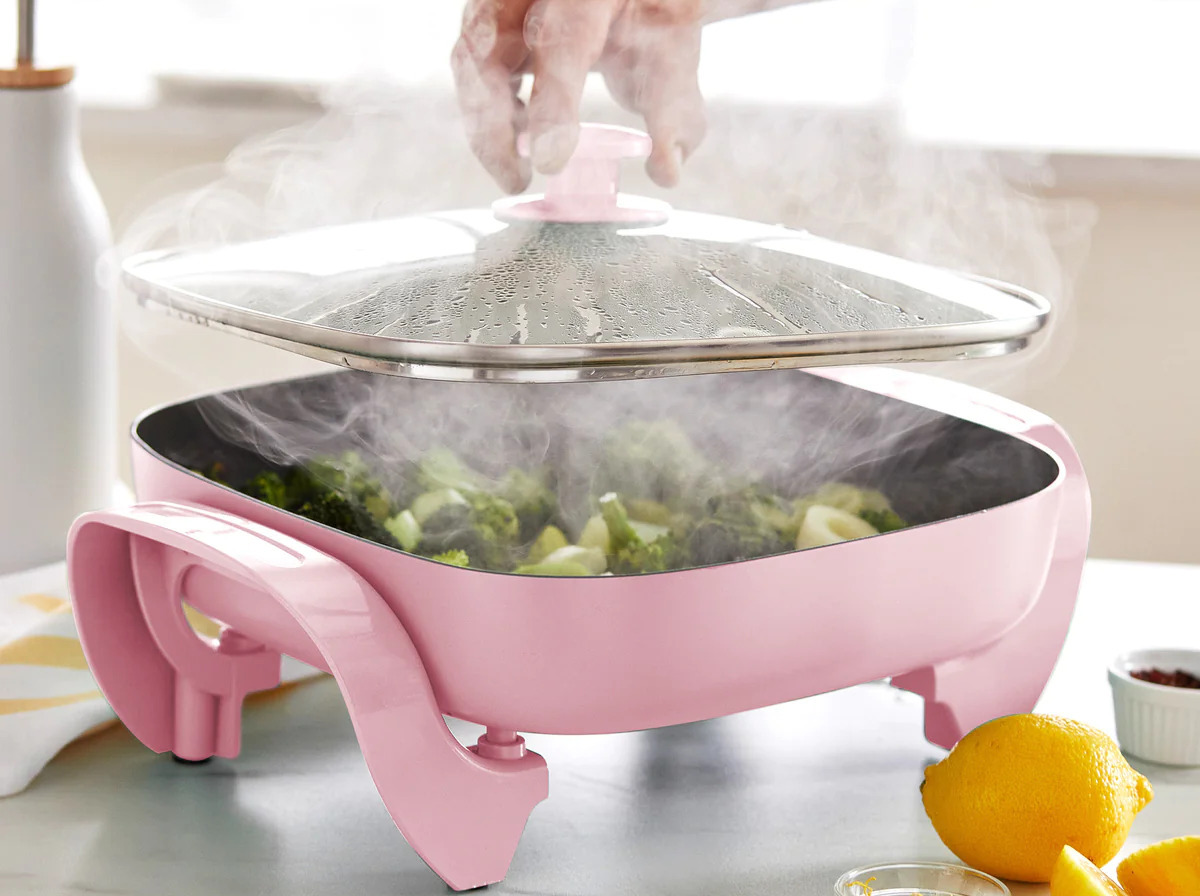
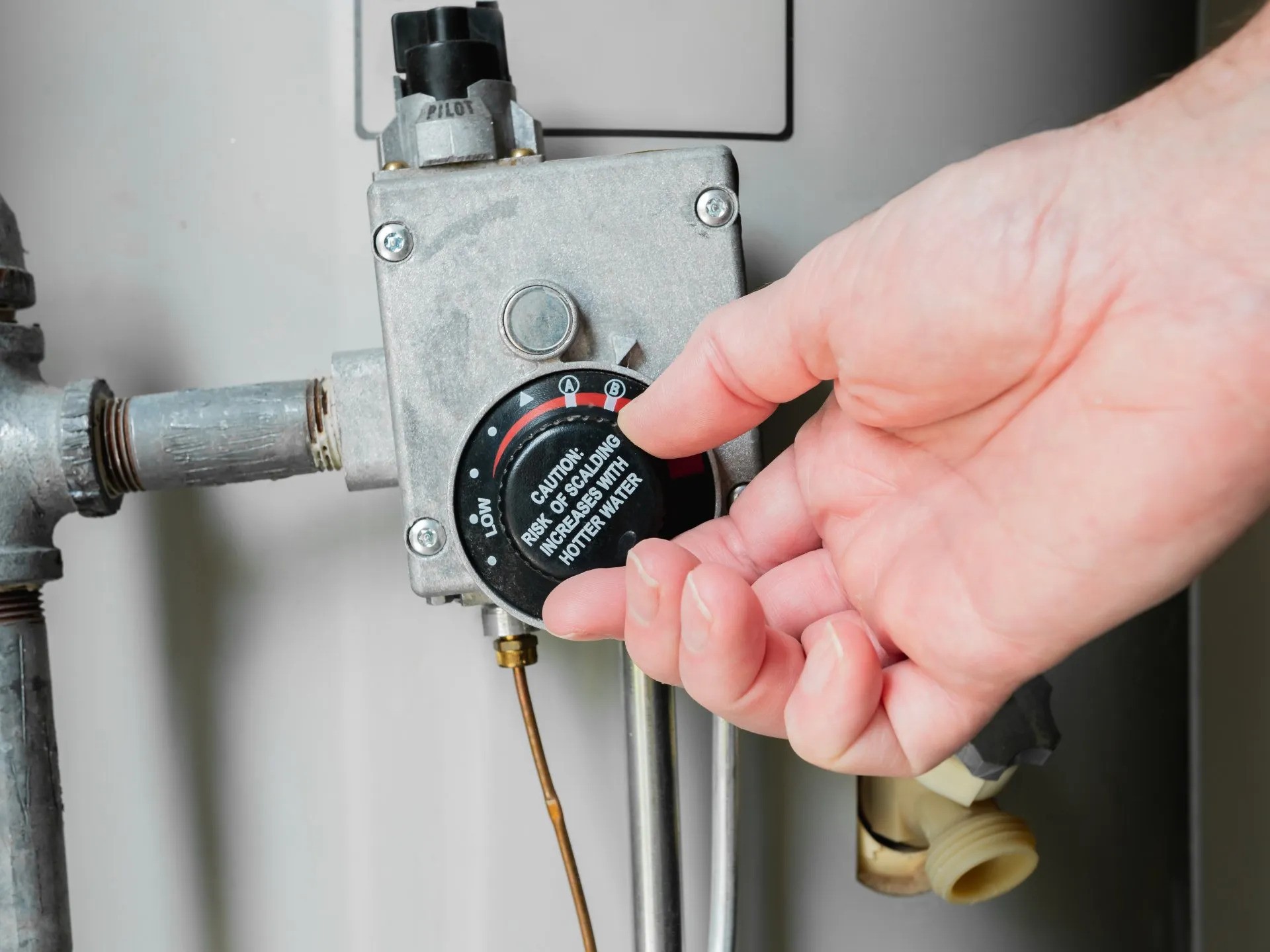
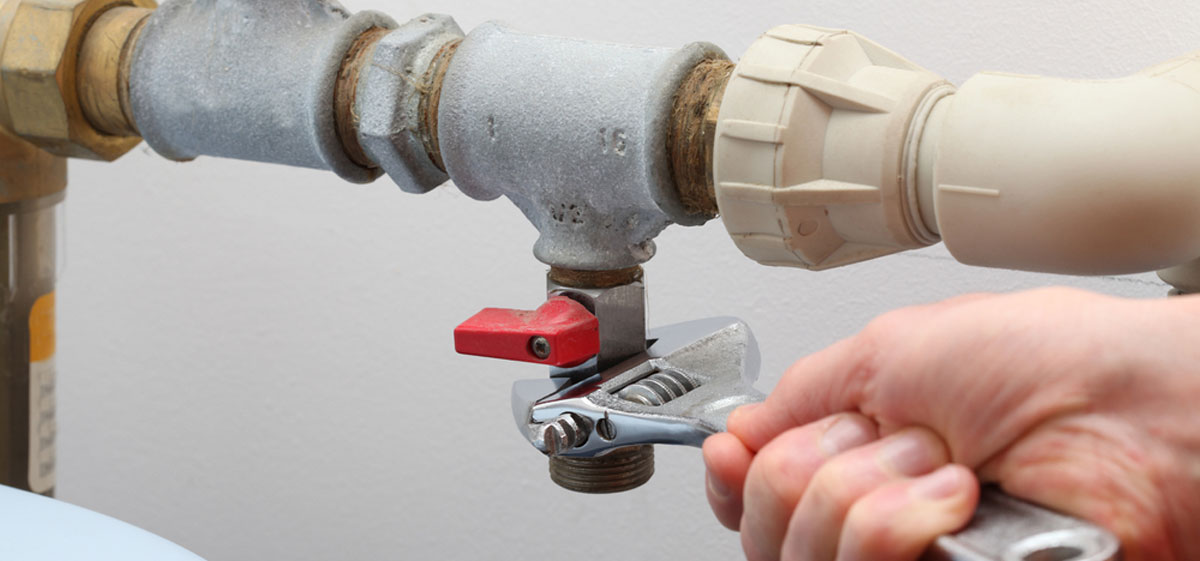
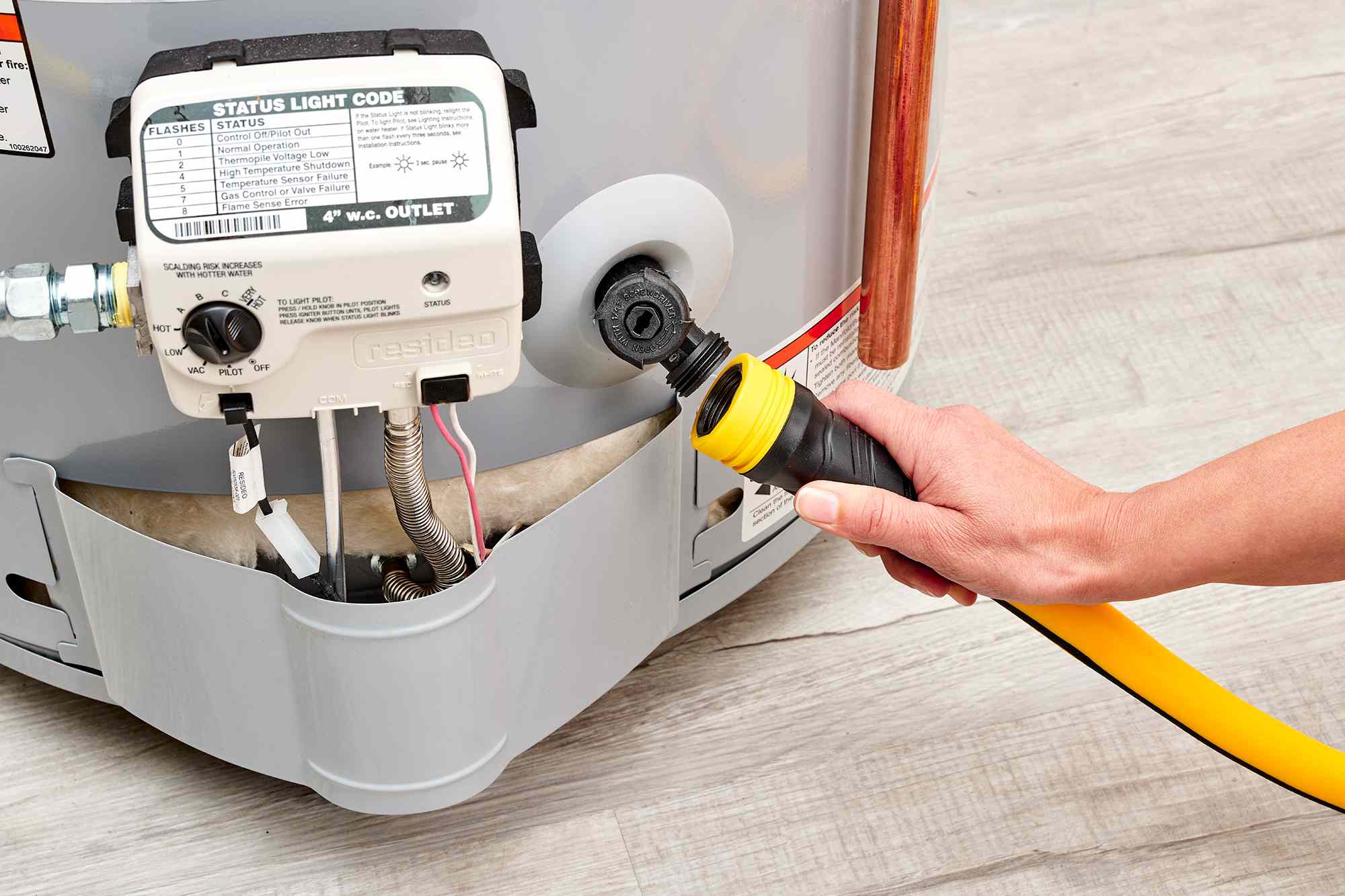
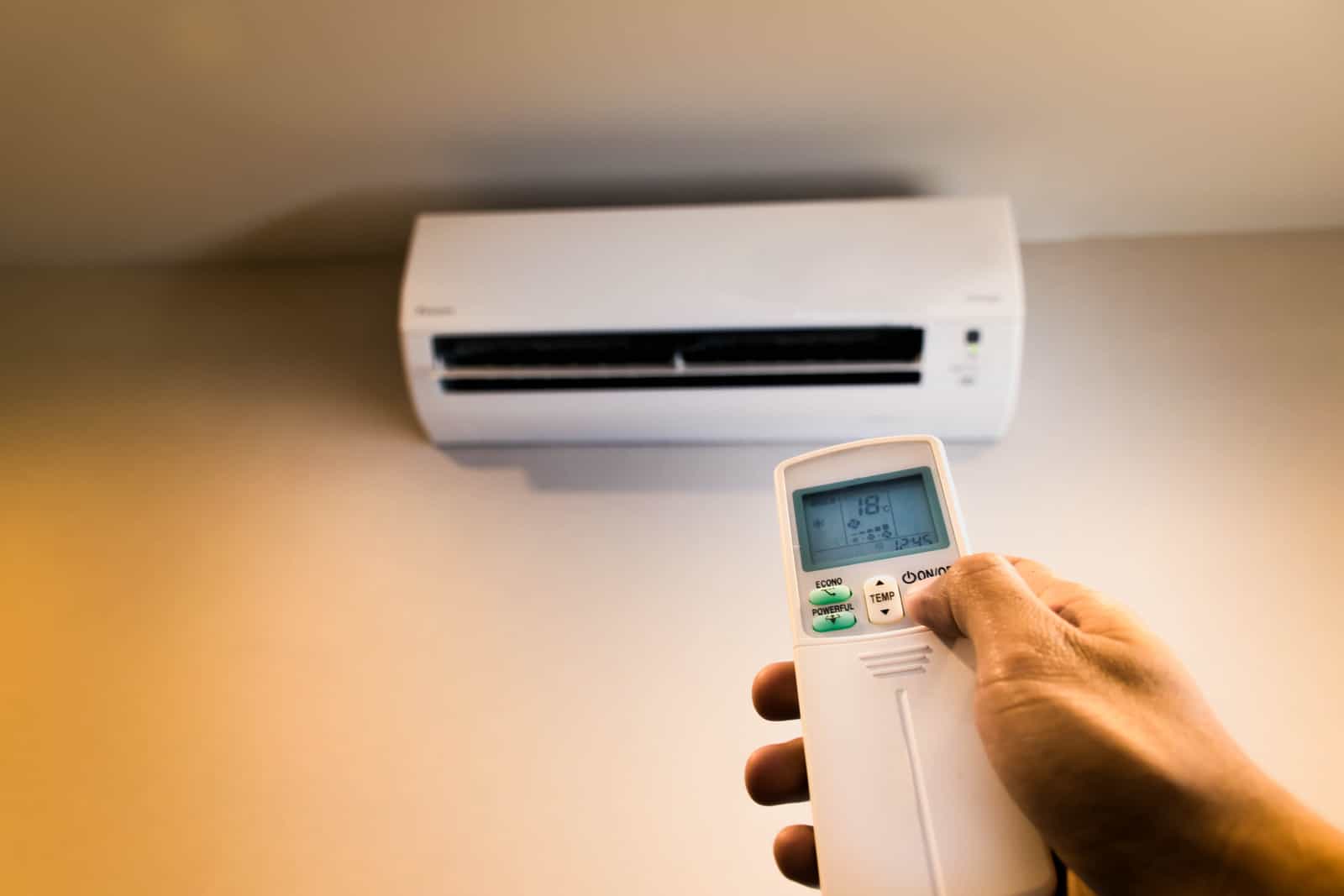
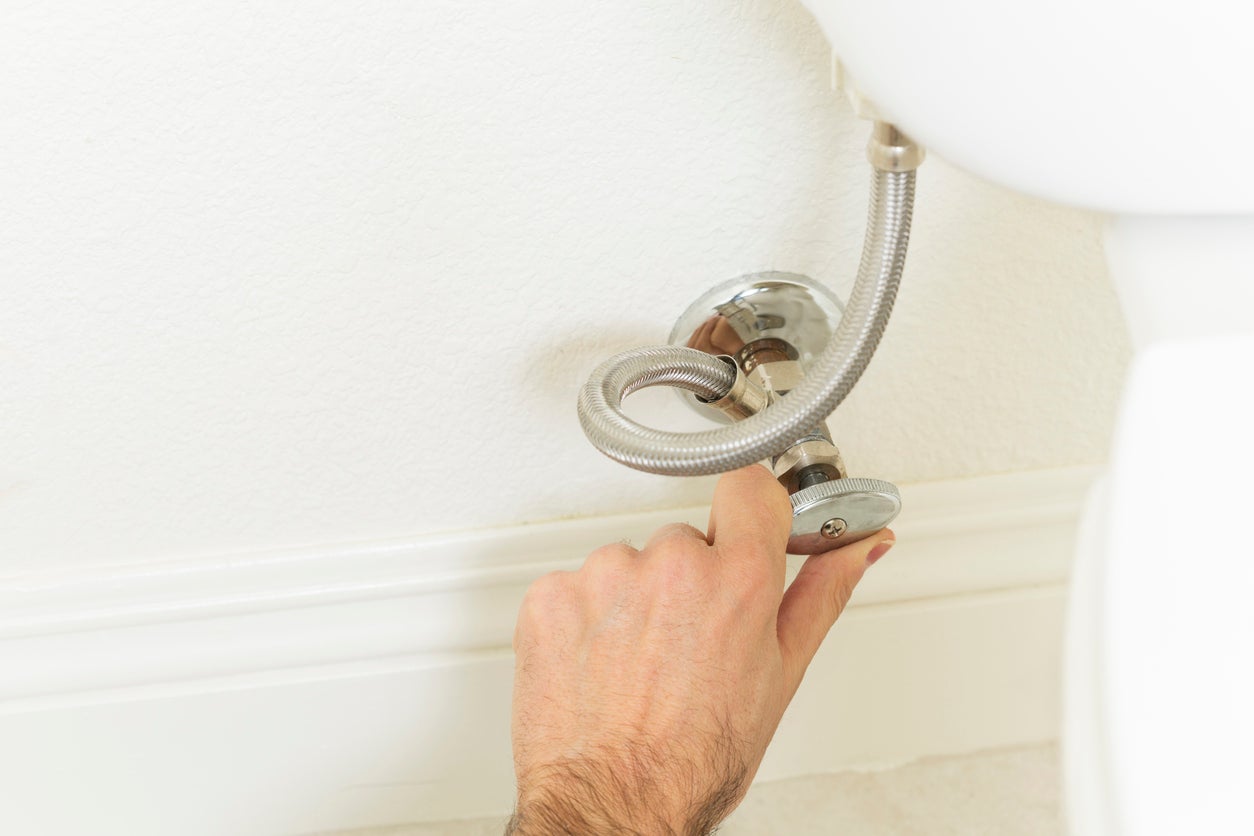
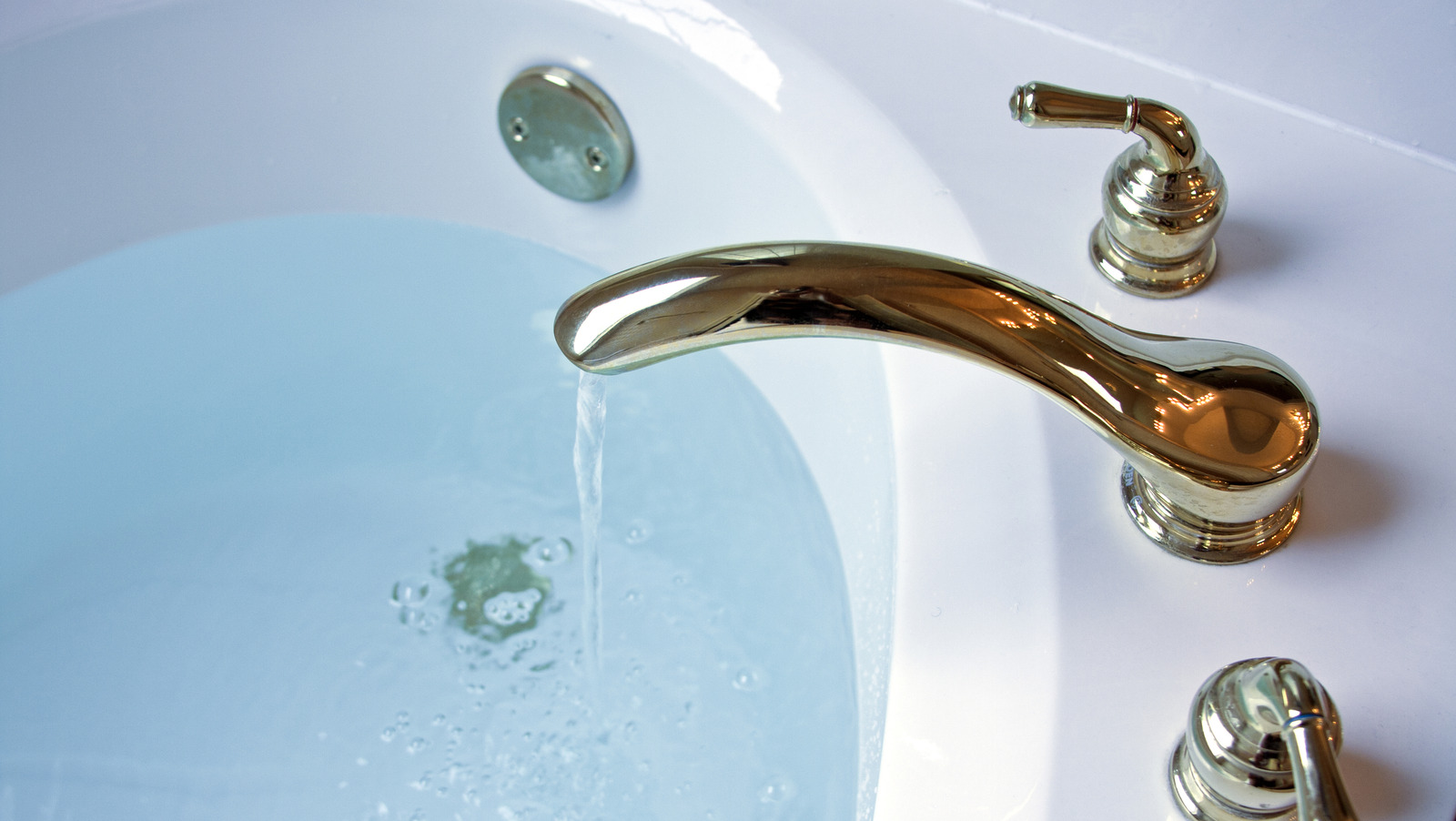
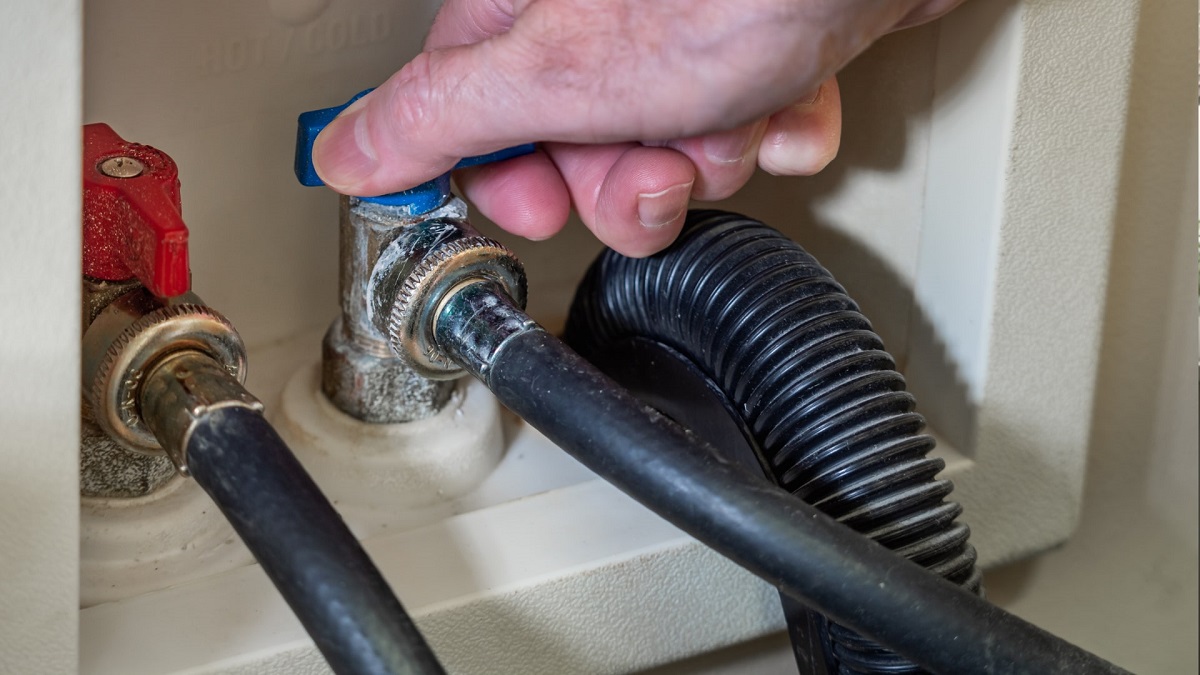

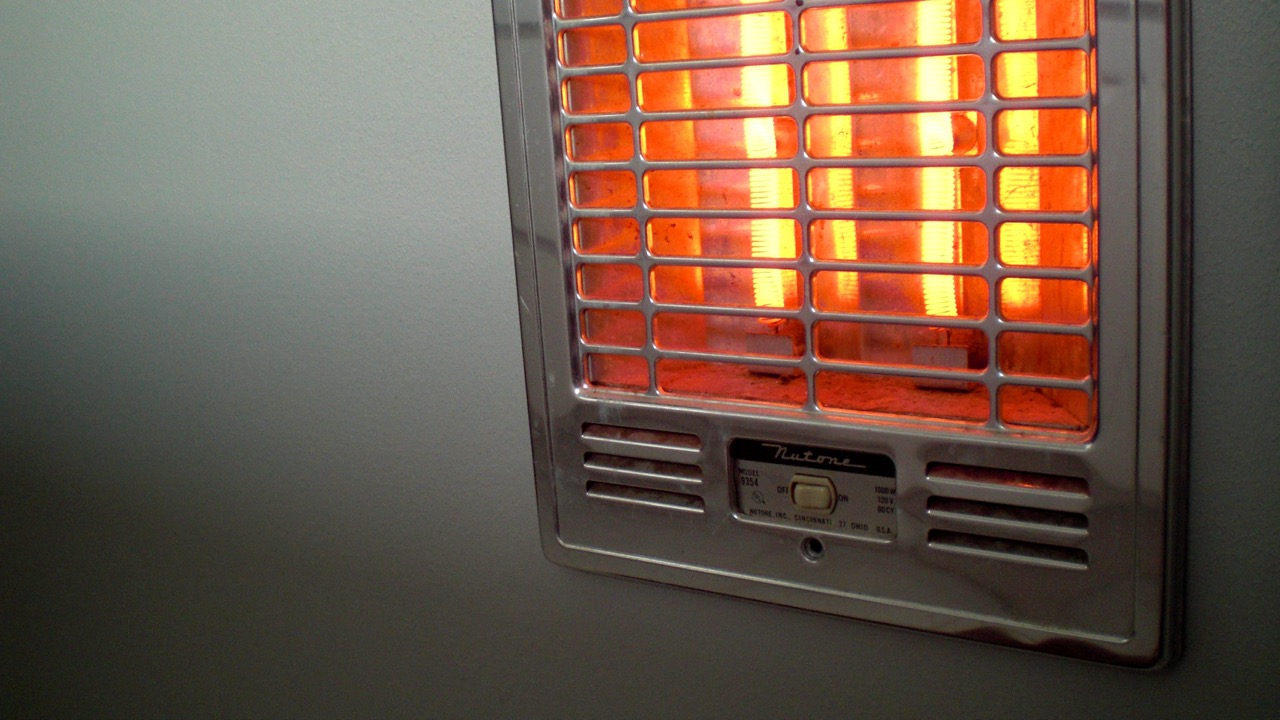

0 thoughts on “Should You Turn Off Water Heater When On Vacation”